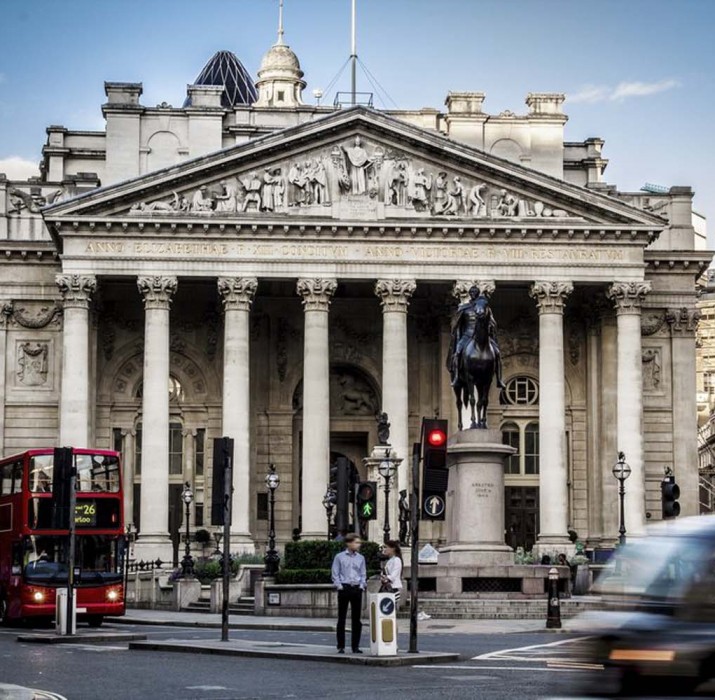UK interest rates have risen further as the Bank of England attempts to stem the pace of soaring prices.
Rates have increased from 1% to 1.25%, the fifth consecutive rise, pushing them to the highest level in 13 years.
It comes as finances are being squeezed by the rising cost of living, driven by record fuel and energy prices.
Inflation – the rate at which prices rise – is currently at a 40-year high of 9%, and the Bank warned it could surpass 11% later this year.
The Bank said rising energy prices were expected to drive living costs even higher in October, but added it would “act forcefully” if necessary should inflation pressures persist. Capital Economics speculates that the Bank could eventually have to raise interest rates to 3%.
One way to try to control rising prices – or inflation – is to raise interest rates. This increases the cost of borrowing and encourages people to borrow and spend less. Higher interest rates also motivate people to save more.
The June rate rise means that homeowners with a typical tracker mortgage will have to pay about £25 more a month. Those on standard variable rate mortgages will see a £16 increase.
Compared with pre-December 2021 – when the Bank announced the first in this series of rate rises – tracker mortgage customers are paying around £115 more a month, and variable mortgage holders about £73 more.
However, about three-quarters of mortgage-holders have a fixed-rate deal, so have not been affected immediately.
Six of the nine members of the Bank’s Monetary Policy Committee voted to raise rates to 1.25%, but three backed a bigger increase to 1.5%.
Minutes from the Bank’s meeting also reveal that it expects the UK economy will shrink by 0.3% in the April-to-June period.
